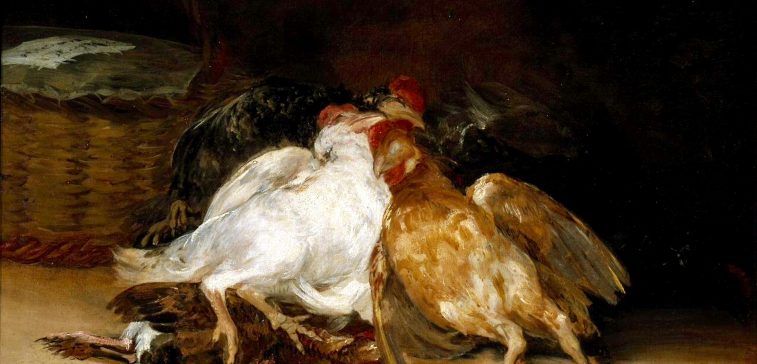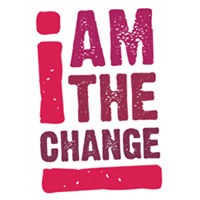BS’D
In the sefer Michtav M’Eliyahu it is written that being that one’s livelihood is determined in Shamayim from Rosh Hashanah to Rosh Hashanah, why are we commanded to make an exerted effort to ‘earn’ a living? Why do we need to put in our hishtadlut (time and effort)? We are taught that the reason is so that man will spiritually grow in his emuna through this test.
Life’s illusion is that we work and therefore earn our pay. We are in control of how much or little we have – the key word being ‘illusion.’ The way of the world is such that we ‘need’ to work in order to make a living which instills in us the mindset that we are getting paid because we are working. This is where the deception lies since it is not our work that brings us the income. It is Hashem who hides the blessing of our livelihood through the act of working.
This is one of life’s hardest tests, and it is here where man’s gadlut (greatness) can be found. Certainly, we must work and be involved in the mundane act of working. However, it is simply because we are commanded to do so and nothing more. If we were not instructed to labor, we would not have to and would receive our sustenance directly from Hashem as B’nai Yisrael did in the desert after Yitziat Mizrayim.
How do we hold on to our emuna in spite of our inclination to believe that we control how much we earn? The answer lies in the powerful act of mind over matter. It is vital to continuously remind oneself that he is working in order fulfill Hashem’s commandment, yet his involvement has absolutely no effect on how much money he earns.
The concept of worry when it comes to our sustenance is precisely linked to a lack of emuna since it is not a matter of how much we work or where we work or who we work for that influences our income. The most influential act that we can involve ourselves in to increase our sustenance is simply to trust in Hashem that He provided, provides and will provide us with whatever we need.
















